• ECOWAS president cautions Niger, Mali, B’Faso over exit
• Parliament sets up reconciliation committee
If the ECOWAS Parliament is galvanised through the spirit of unity, innovation and unwavering belief in the sub-region’s shared destiny, the myriad challenges in West Africa can be surmounted, Senate President, Godswill Akpabio, has indicated.
Meanwhile, the President of ECOWAS, Omar Touray, has warned Niger, Mali and Burkina Faso against withdrawal from the West African bloc, asserting that their exit will affect security cooperation in terms of intelligence sharing and participation in the fight against terrorism and other joint initiatives.
Akpabio reiterated the need to transform the region’s collective aspirations into enduring achievements.
Akpabio spoke while declaring open the 2024 First Ordinary Session of the ECOWAS Parliament, at the National Assembly, yesterday, in Abuja.
Represented by the Deputy Senate President of and First Deputy Speaker of ECOWAS Parliament, Barau Jibrin, the Senate president highlighted the centuries-old history of collaboration among the region’s diverse people.
Special adviser to the Deputy Senate President on Media and Publicity, Ismail Mudashir, in a statement, quoted him to have urged the parliament to go beyond legislation and uplift the people by exemplifying the power of collaboration.
In his goodwill message, Speaker of the House of Representatives, Abbas Tajudeen, who was represented by Deputy Speaker, Benjamin Kalu, noted that despite the numerous challenges confronting the sub-region, “the ECOWAS Parliament remains strong, resolute and committed in upholding the ideals of democratic governance, economic integration, peace and security.”
He assured that the National Assembly would continue to partner and support the ECOWAS Parliament in the areas of capacity building, enhancing legislative practices, sharing of experience and ensuring that resolutions passed were implemented.
ECOWAS Parliament Speaker, Memounatou Ibrahima, while welcoming members to the session, expressed deep concern over the upsurge in terrorism, violent extremism and organised crime.
THE ECOWAS President stressed that the countries’ exit would also affect the operationalisation of the ECOWAS standby force that member states’ defence ministers agreed to activate, as well as the Accra Initiative and the Multinational Joint Taskforce.
Also at the opening of the 2024 first ordinary session, Touray said the withdrawal of the three countries could also lead to diplomatic and political isolation on the international stage, as the countries could no longer benefit from bloc support when their citizens or candidates seek international positions within the African Union (AU), the United Nations (UN) and similar bodies.
He added that their withdrawal would also affect travel and immigration conditions for their citizens, as they would have to apply for visas before travelling within the sub-region.
Touray asserted: “Citizens of these countries may no longer be able to reside or freely create businesses within the facilities established by ECOWAS and may be subject to various national laws.”
“These three countries will have to cease using ECOWAS passports, the ECOWAS biometric national identity card, and the ECOWAS ‘Brown Card’ automobile insurance on a regional scale, economically and financially. It could lead to the cessation or suspension of all projects and programmes implemented by ECOWAS in these countries, valued at over $500 million.”
HOWEVER, the Parliament has set up an ad hoc mediation committee to initiate and maintain dialogue with the authorities of the aggrieved countries.
Ibrahima said the motion was adopted during the second extraordinary session in Kano State.
She recalled that during her inaugural speech at the Kano meeting, she had expressed reservations over various political, economic and security crises in some member states, including the desire expressed by three member states to withdraw from the community, as well as the growing tensions between the Republics of Benin and Niger.
To this extent, she said the committee was not only expected to dialogue with the government but also open communication among the various populations of the aggrieved countries.

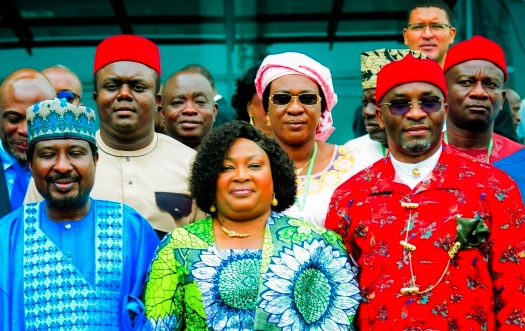





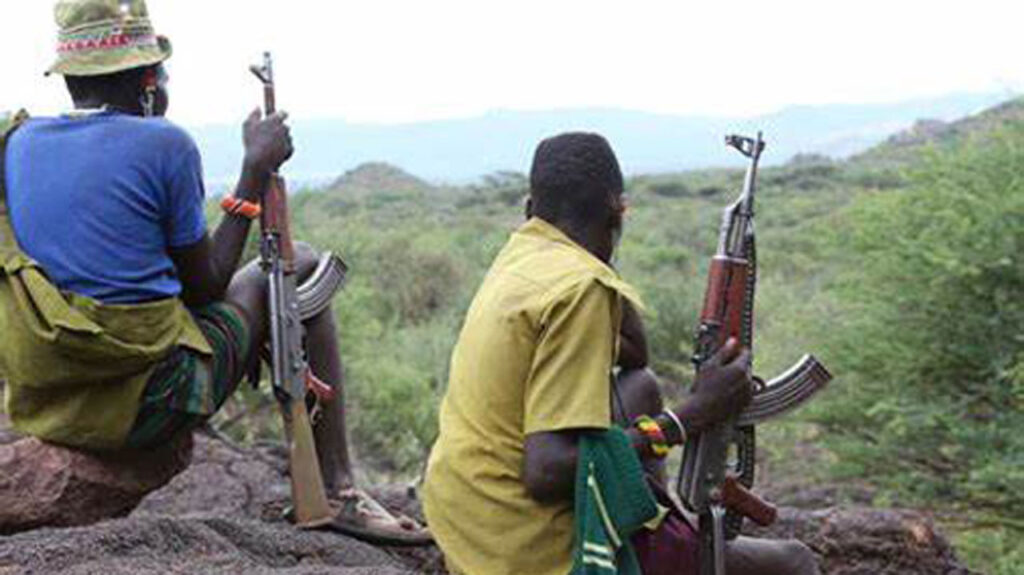
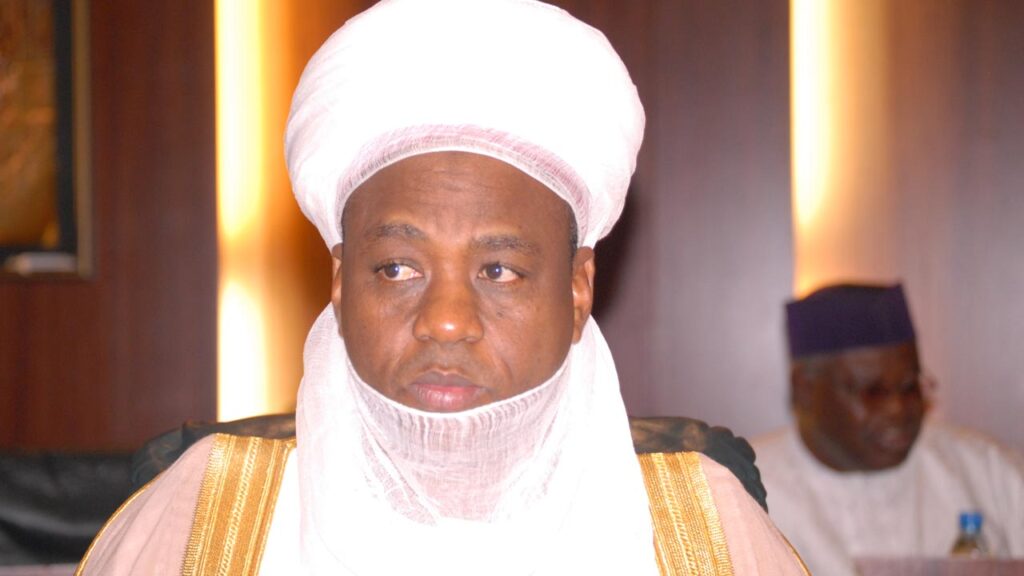
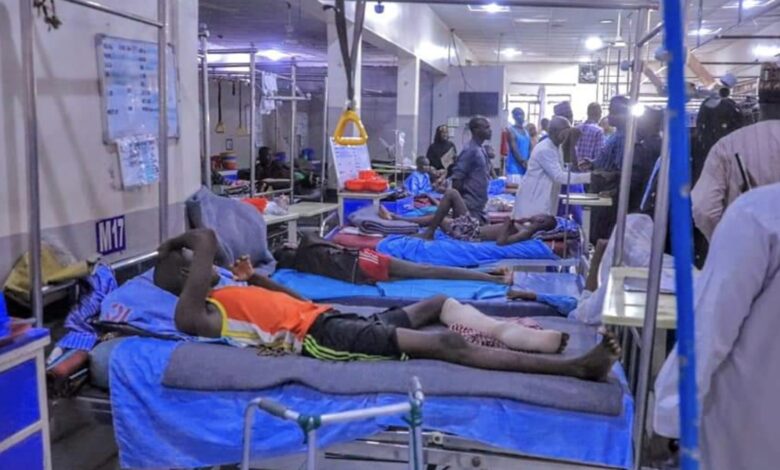
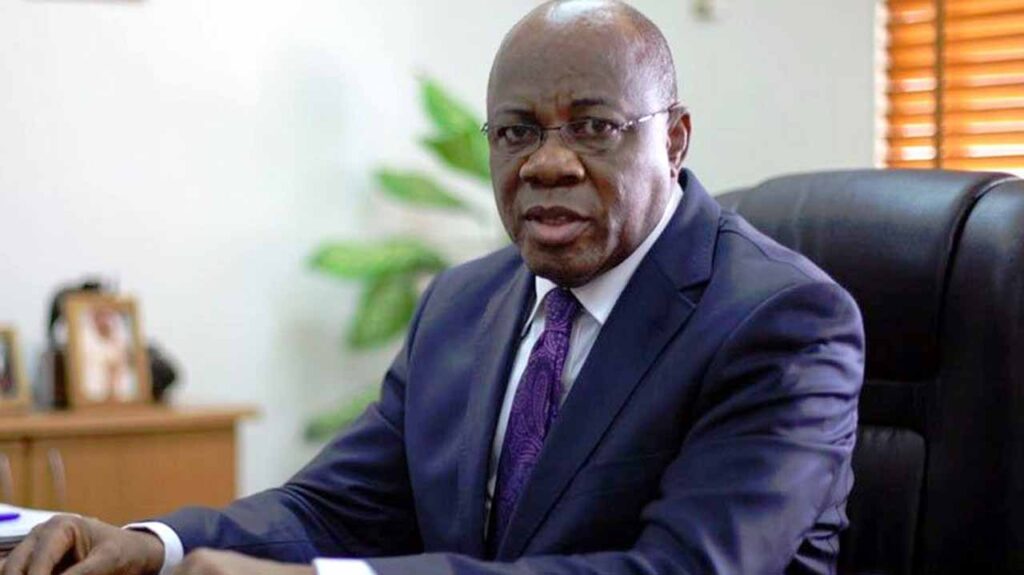

![[FILE] Senate President Godswill Akpabio.](http://m.guardian.ng/wp-content/uploads/2024/06/Akpabio-Senate-President-1-150x150.webp)